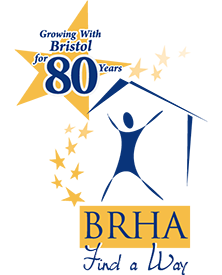Located in Bristol, Tennessee, Abuse Alternatives Inc. has 40 years experience providing comprehensive, confidential services to survivors of relationship abuse/violence. The 24/7 Hotline provides support and access to services with staff who specialize in dealing with relationship violence/abuse issues.

Abuse Alternatives Inc.
Crisis Hotline: 423-764-2287 or (800) 987-6499
Why People Abuse is never okay.
Domestic violence stems from a desire to gain and maintain power and control over an intimate partner. Abusive people believe they have the right to control and restrict their partner’s lives, often either because they believe their own feelings and needs should be the priority in the relationship, or because they enjoy exerting the power that such abuse gives them. Tactics of abuse (in any form) may be aimed at dismantling equality in the relationship in order to make their partners feel less valuable and undeserving of respect. Remember that everyone deserves to have a healthy, loving, and respectful relationship—no matter what.
Abuse is a learned behavior. Some people witness it in their own families growing up; others learn it slowly from friends, popular culture, or structural inequities throughout our society. No matter where they develop such behaviors, those who commit abusive acts make a choice in doing so — they also could choose not to.
Even one or two of these behaviors in a relationship is a red flag that abuse may be present. Common signs of abusive behavior in a partner include:
- Telling you that you never do anything right.
- Showing extreme jealousy of your friends or time spent away from them.
- Preventing or discouraging you from spending time with friends, family members, or peers.
- Insulting, demeaning, or shaming you, especially in front of other people.
- Preventing you from making your own decisions, including about working or attending school.
- Controlling finances in the household without discussion, including taking your money or refusing to provide money for necessary expenses.
- Pressuring you to have sex or perform sexual acts you’re not comfortable with.
- Pressuring you to use drugs or alcohol.
- Intimidating you through threatening looks or actions.
- Insulting your parenting or threatening to harm or take away your children or pets.
- Intimidating you with weapons like guns, knives, bats, or mace.
- Destroying your belongings or your home.
If you are in an emergency situation or in danger, call 9-1-1

